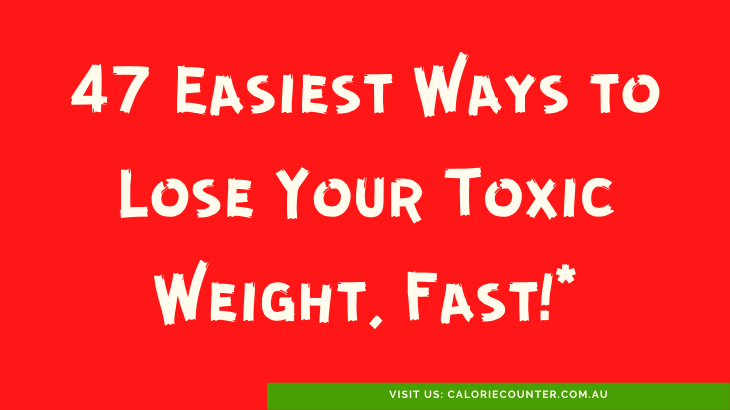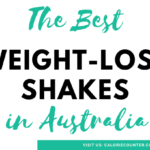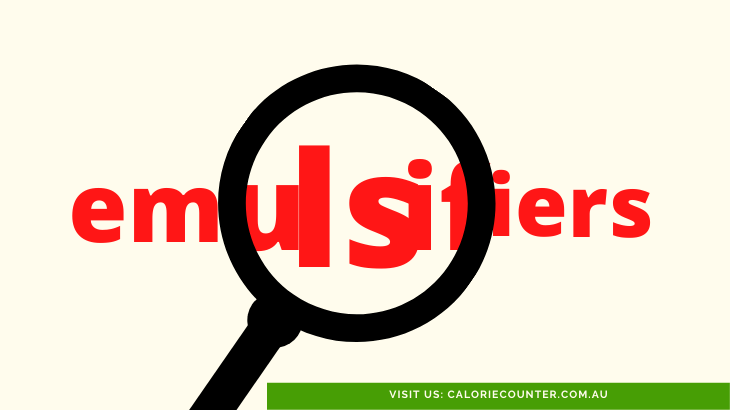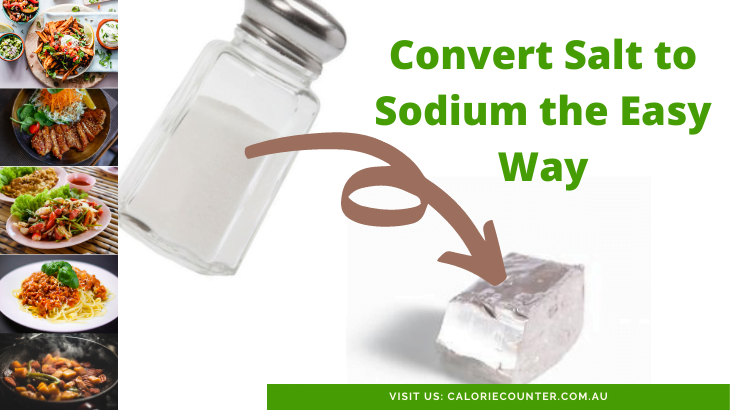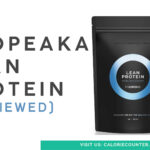Salt and sodium have no calories but you should avoid eating too much salt when trying to lose weight. Salt is, without a doubt, completely calorie free.
How does Salt have no calories?
Pure salt is sodium and chloride, neither of which can be used for energy. It is the oldest food seasoning and utterly essential for life. Salt, like sugar, is so important to us that our bodies have developed a distinct taste for it. But you should avoid too much of it if you want to lose weight, here’s why:
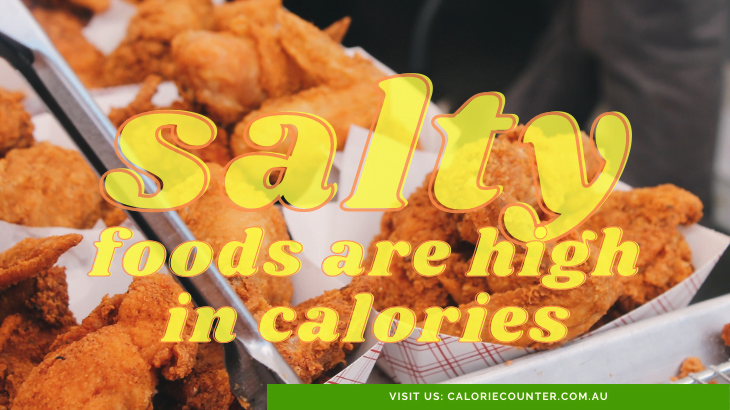
Salty Foods are High Calorie
Off the top of your head, think of 5 salty foods. Notice something? Most salt-rich foods are calorie dense! Chips, savoury dips, preserved meats, battered and fried, packaged snack food, all salty. Low-calorie foods just don’t seem to pair well with lots of salt. The salt coating may not add calories to your pretzel, but it does make you want to eat more pretzel!
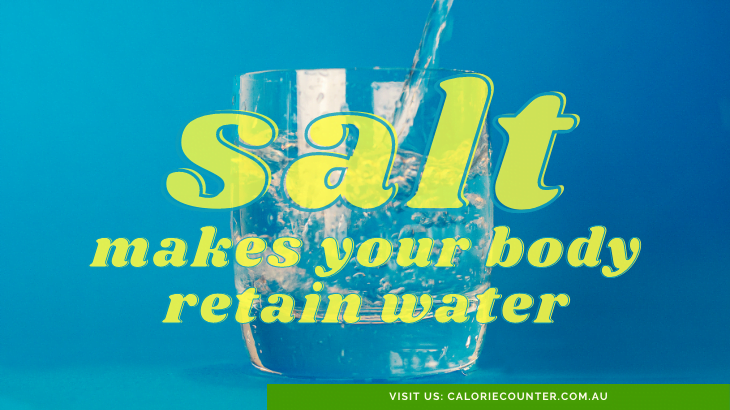
Salt adds to Water Weight
Too much sodium (sodium comes from salt) is bad for your heart, and it causes an increase in water weight. “Water weight” is the weight of excess water trapped in your body tissues. This water weight can fluctuate greatly from day to day, frustrating the most patient calorie counter. If you are looking for a nice, smooth downwards curve on your weight chart, you could do without wild water weight swings.
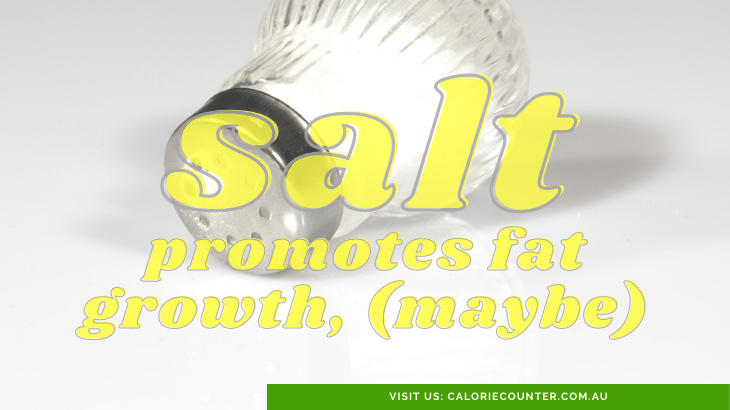
Salt Promotes Fat Growth
Sad, but apparently true. Many studies show that people who eat lots of salt tend to have bigger waist circumferences and higher body mass indexes than people who eat less salt. Of course, you say, that’s because salty foods generally have higher calories than less salty foods, right?
BUT… The utterly surprising finding is that the higher-salt intake people grow fatter than their lower-salt intake peers even when their total calories eaten are the same.
But why? The results are inconclusive, but it may be that excess salt affects gut health negatively by killing beneficial bacteria. This is clearly an area worth further research, but for now play it safe and try not to eat too much salt!
You can convert salt to sodium here, with our handy calcount converter.

